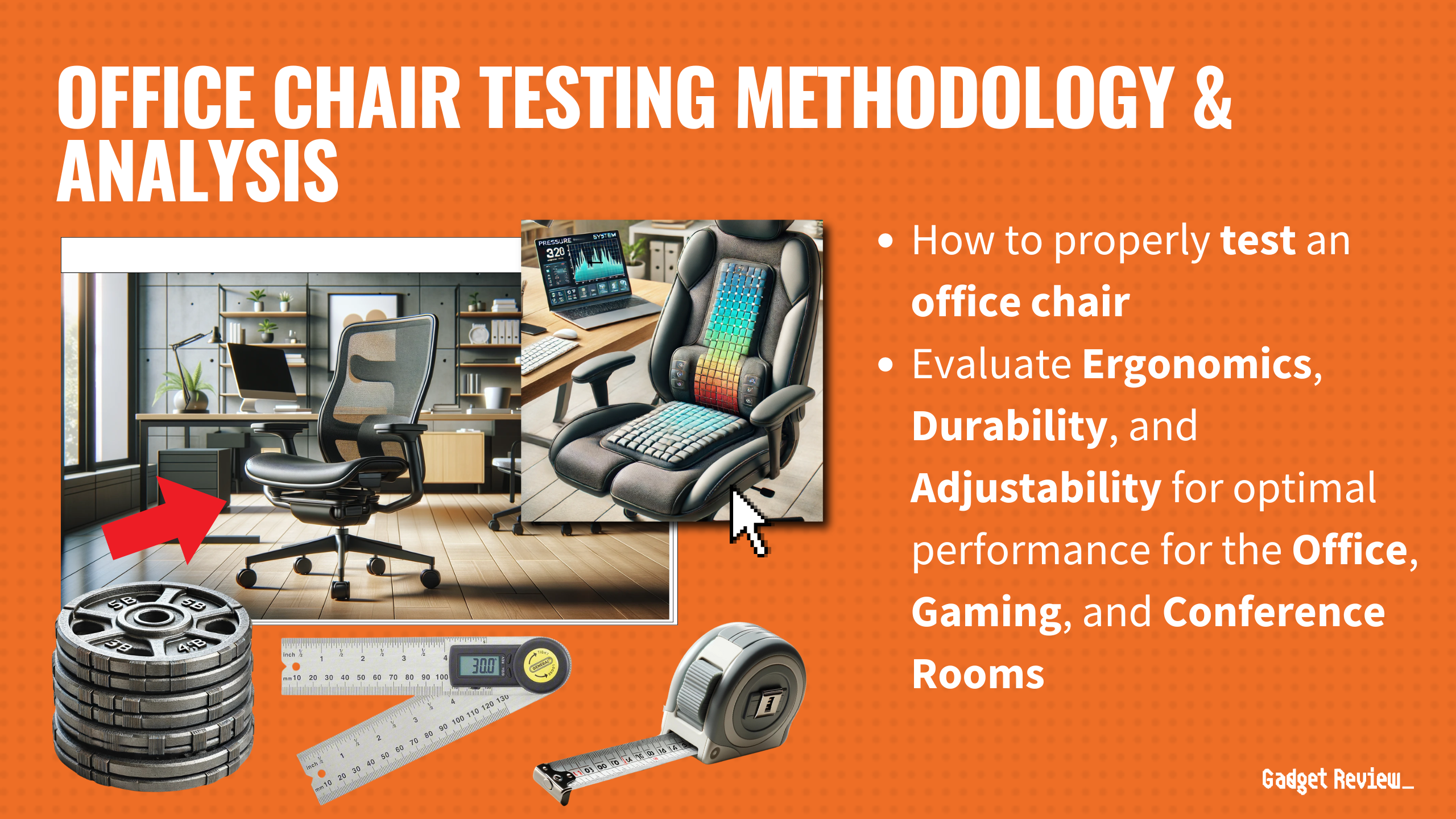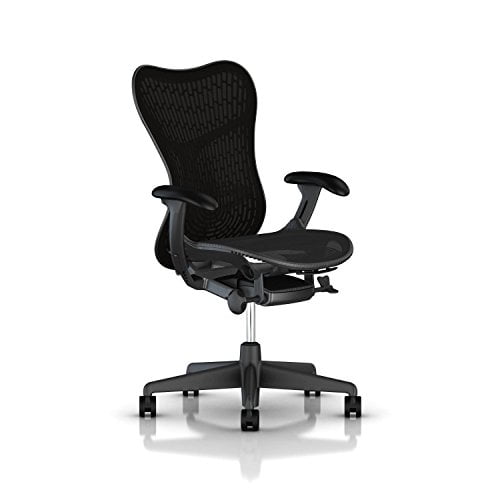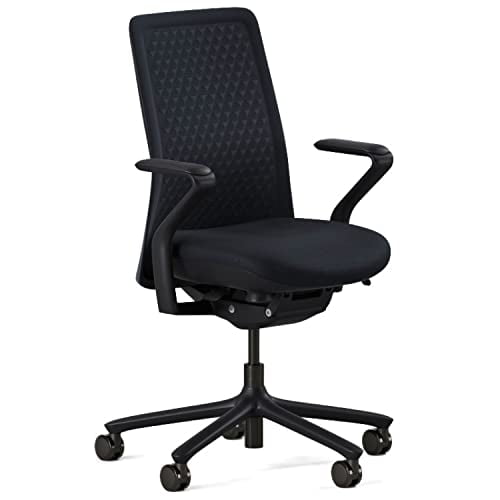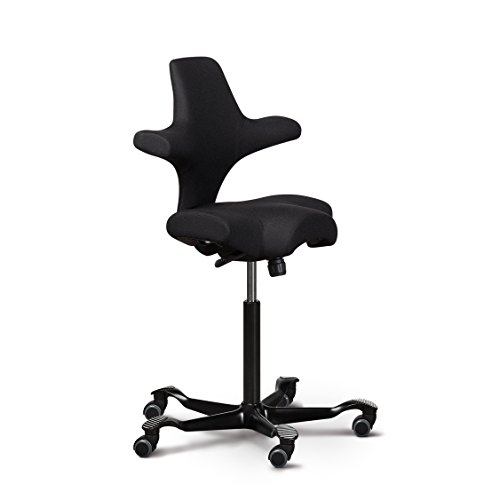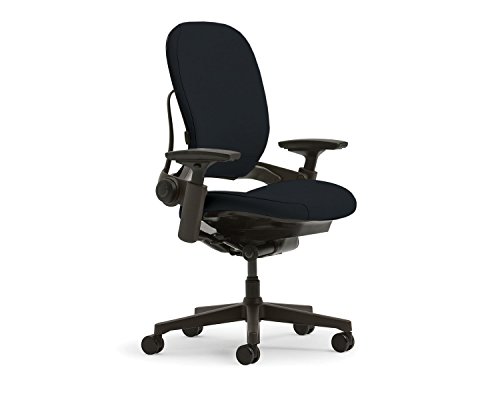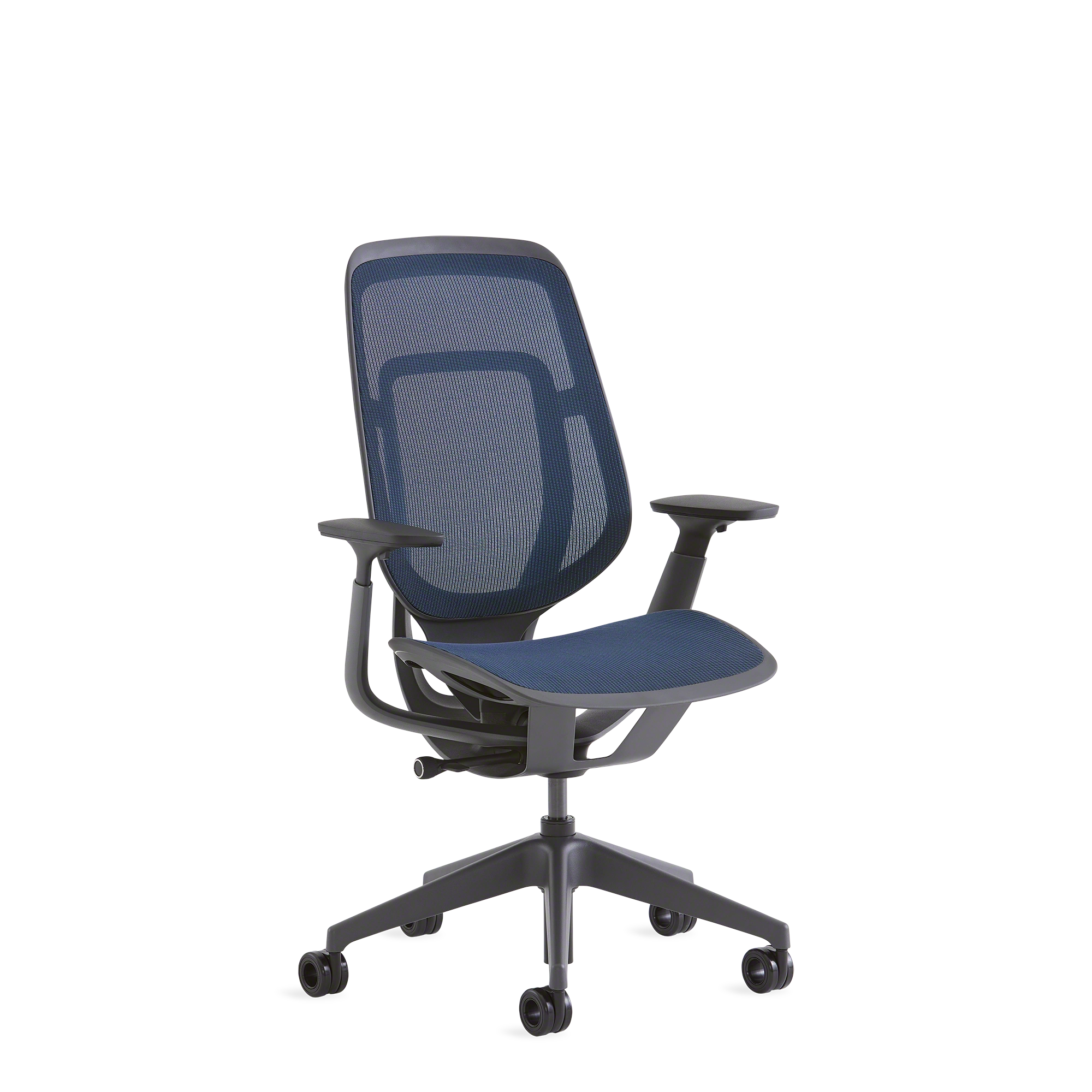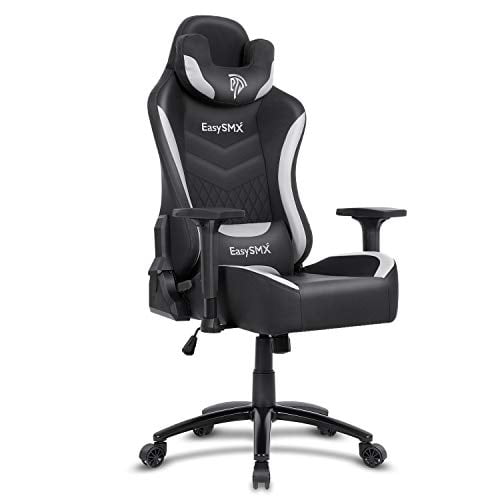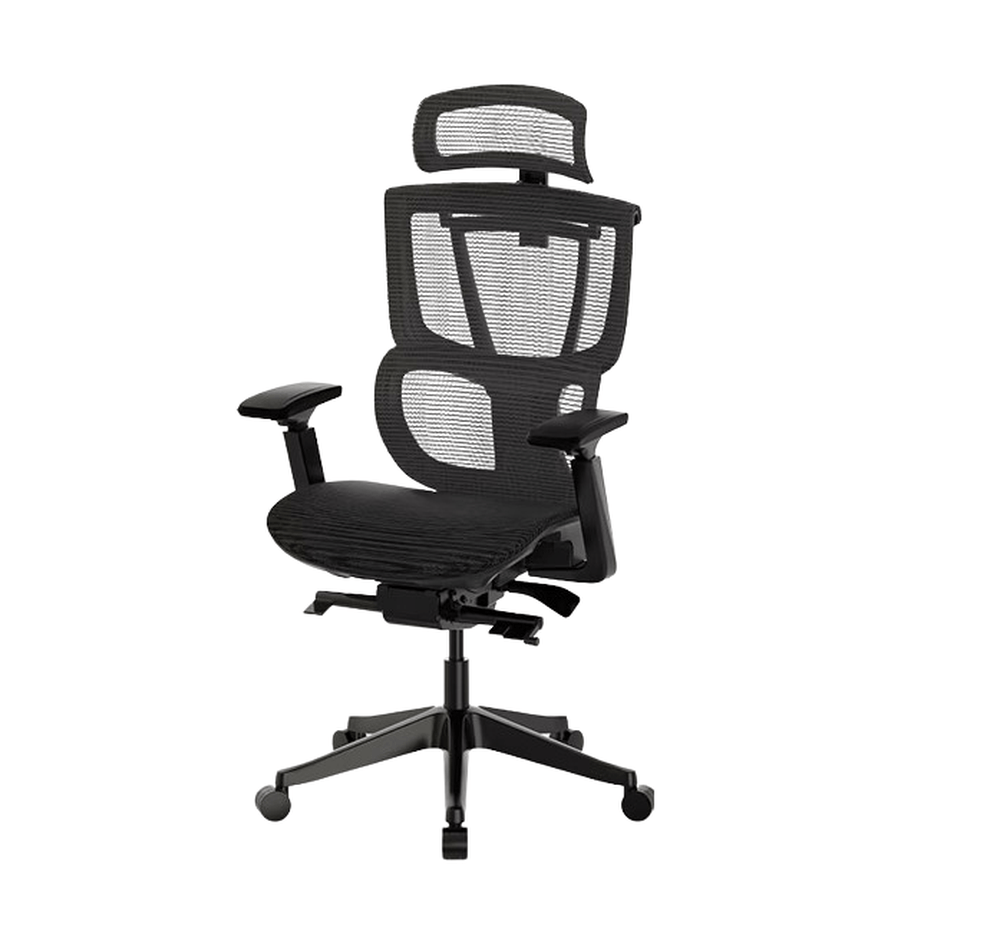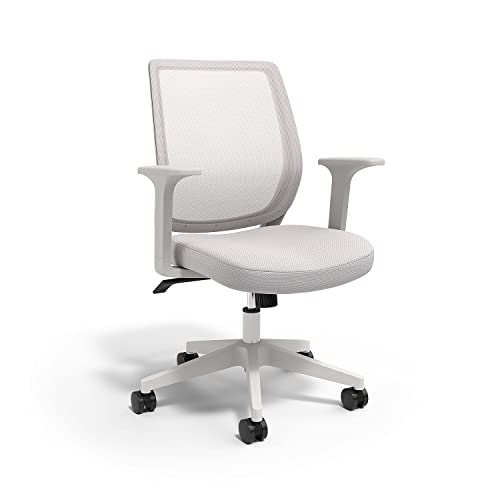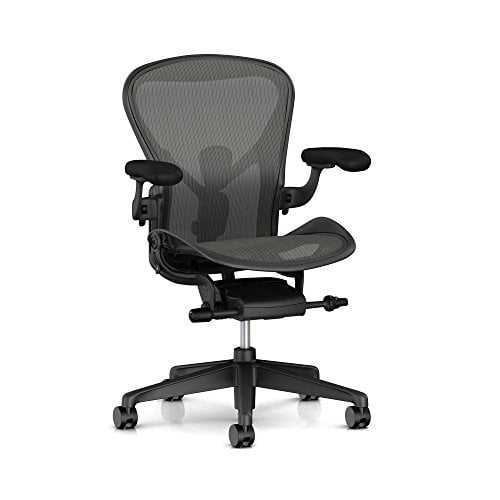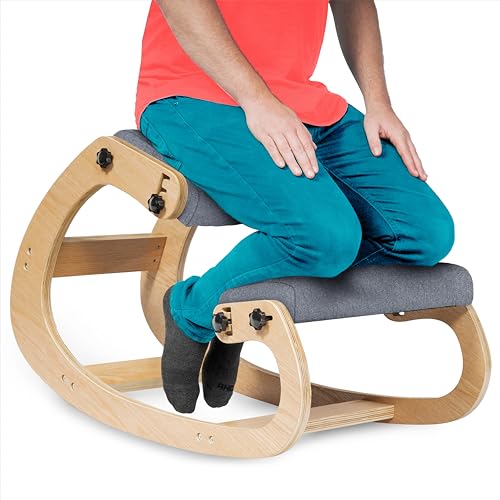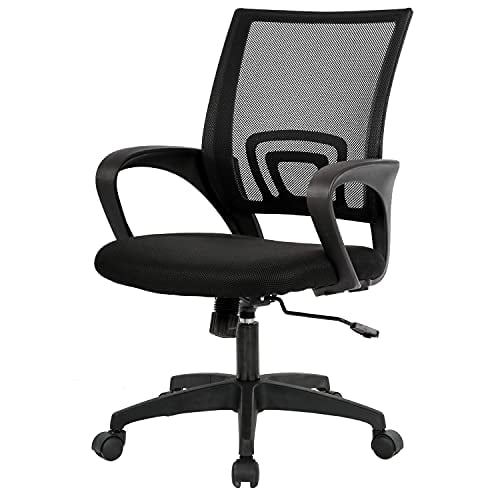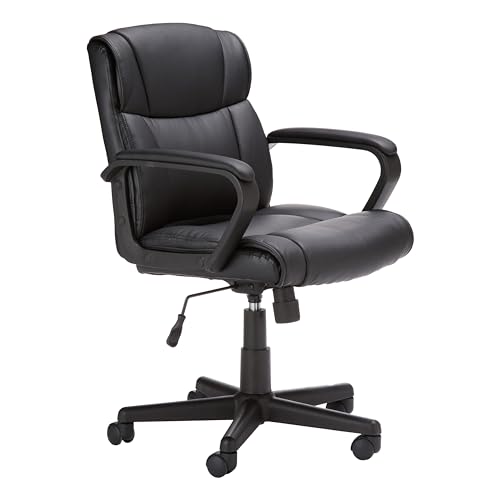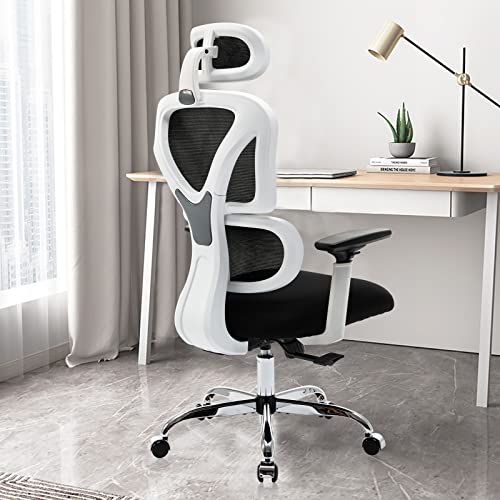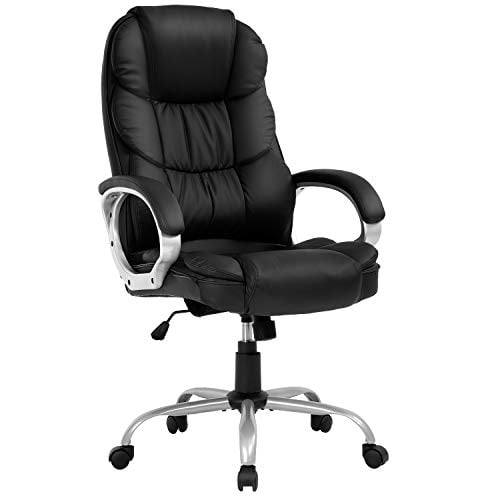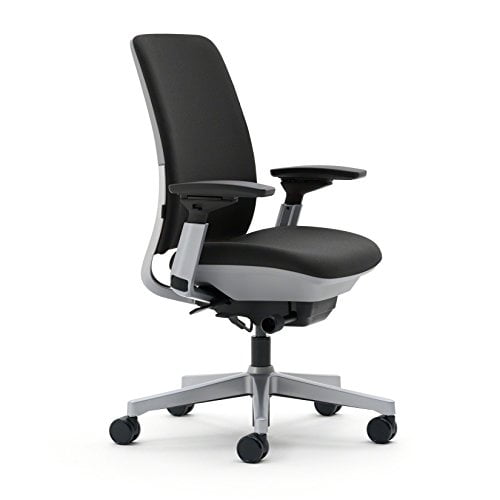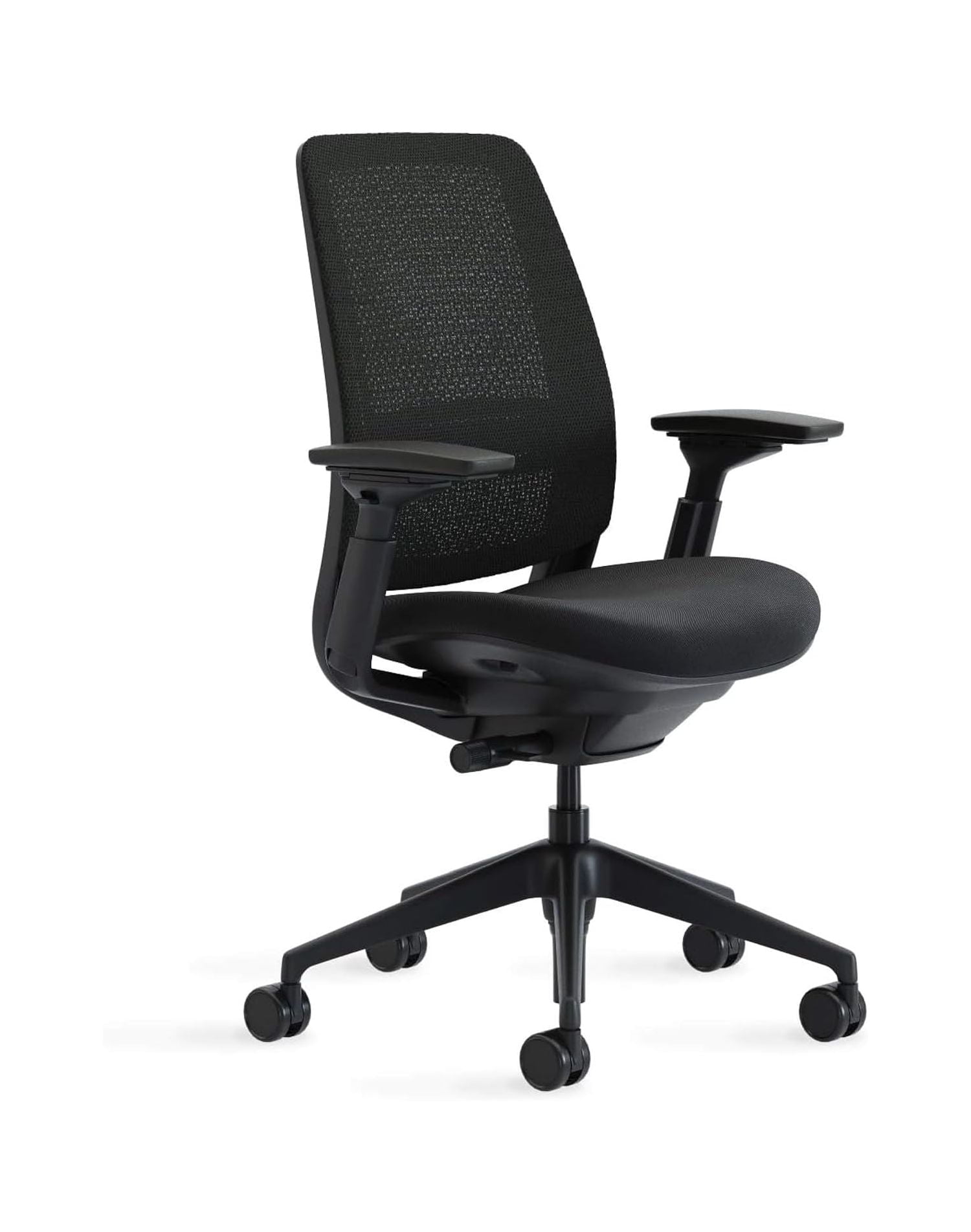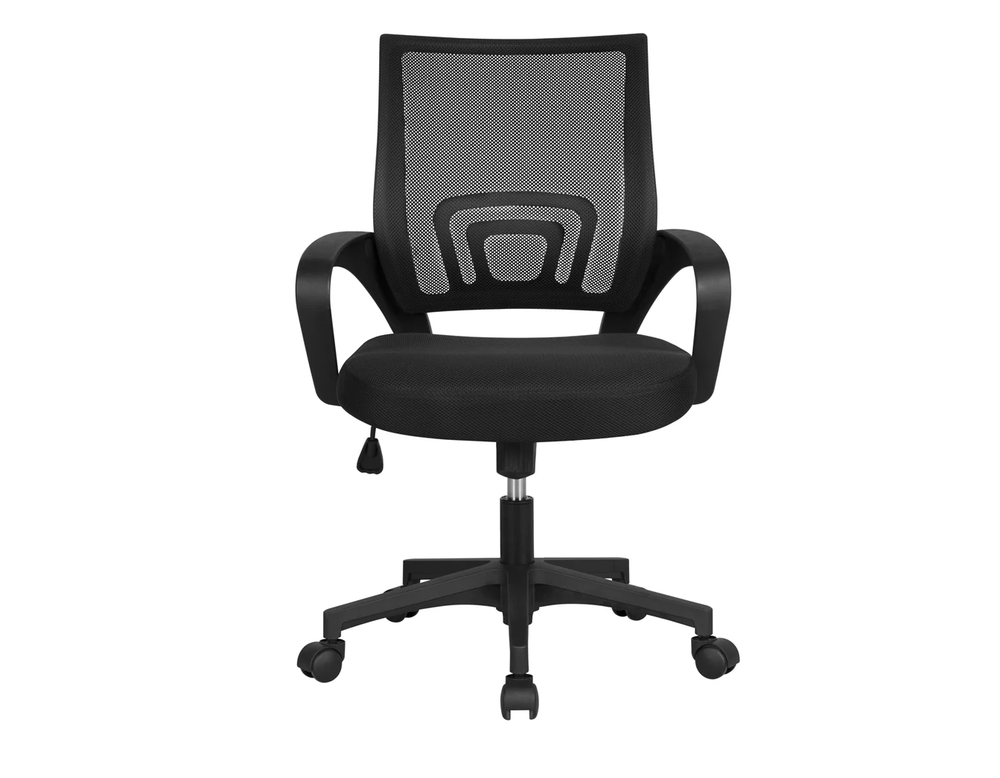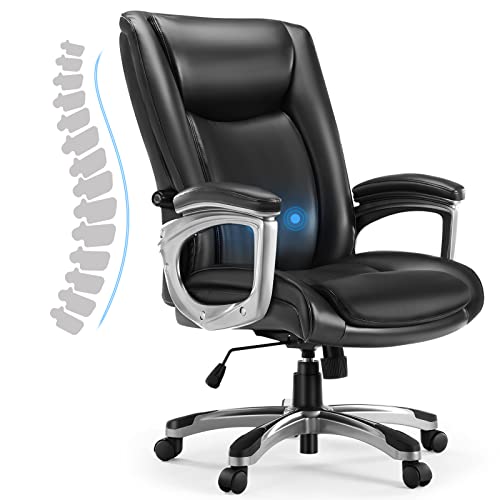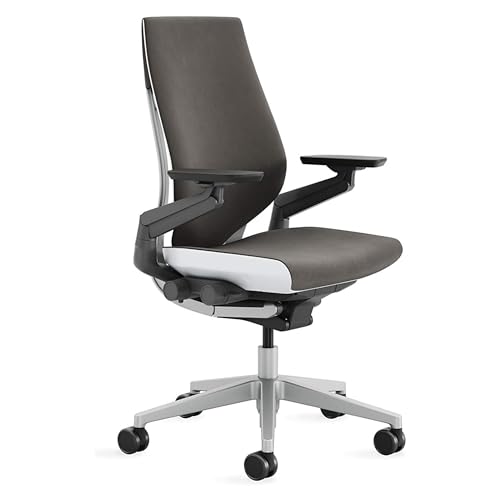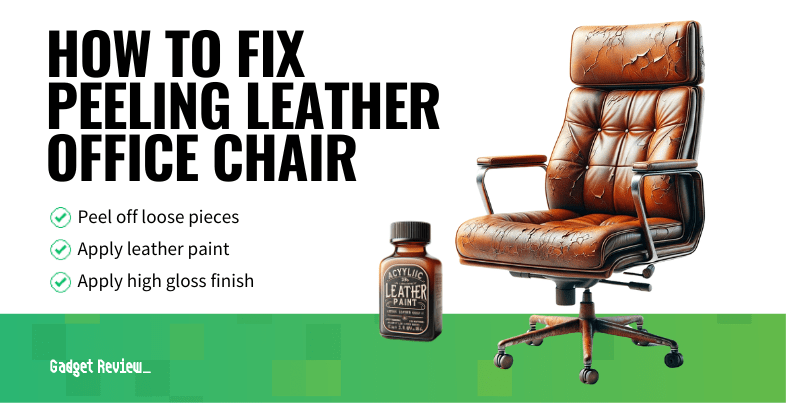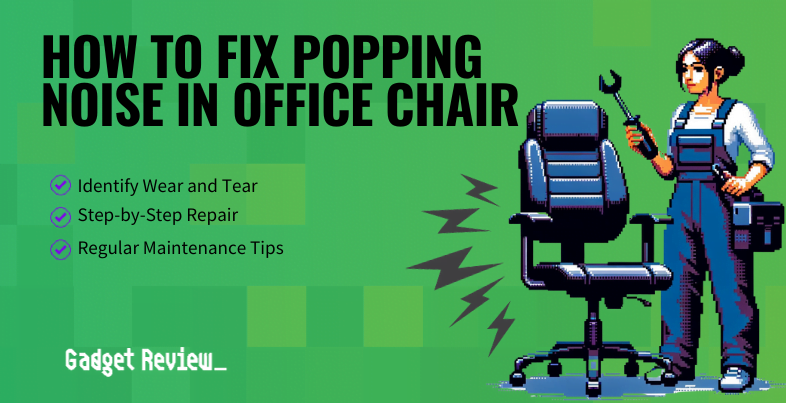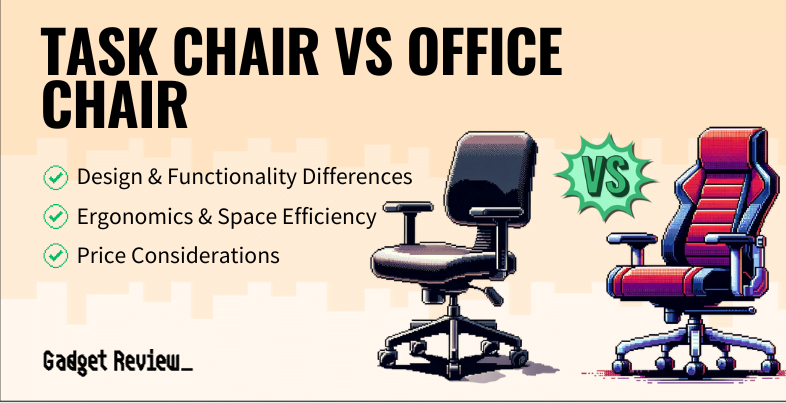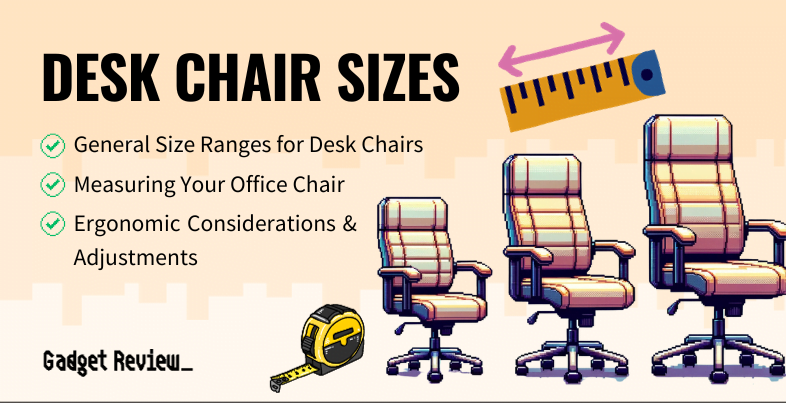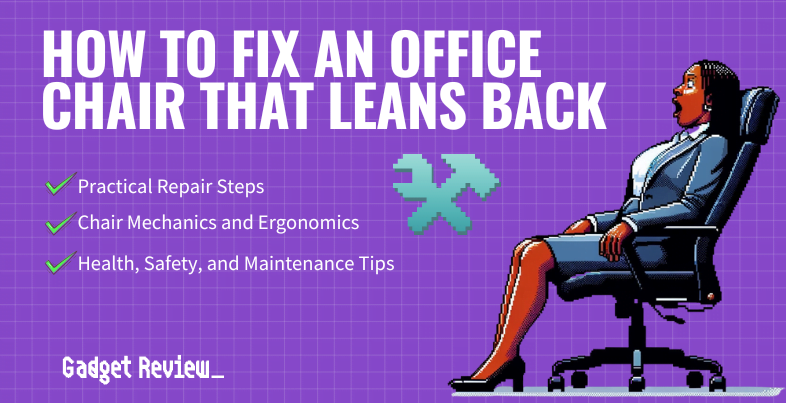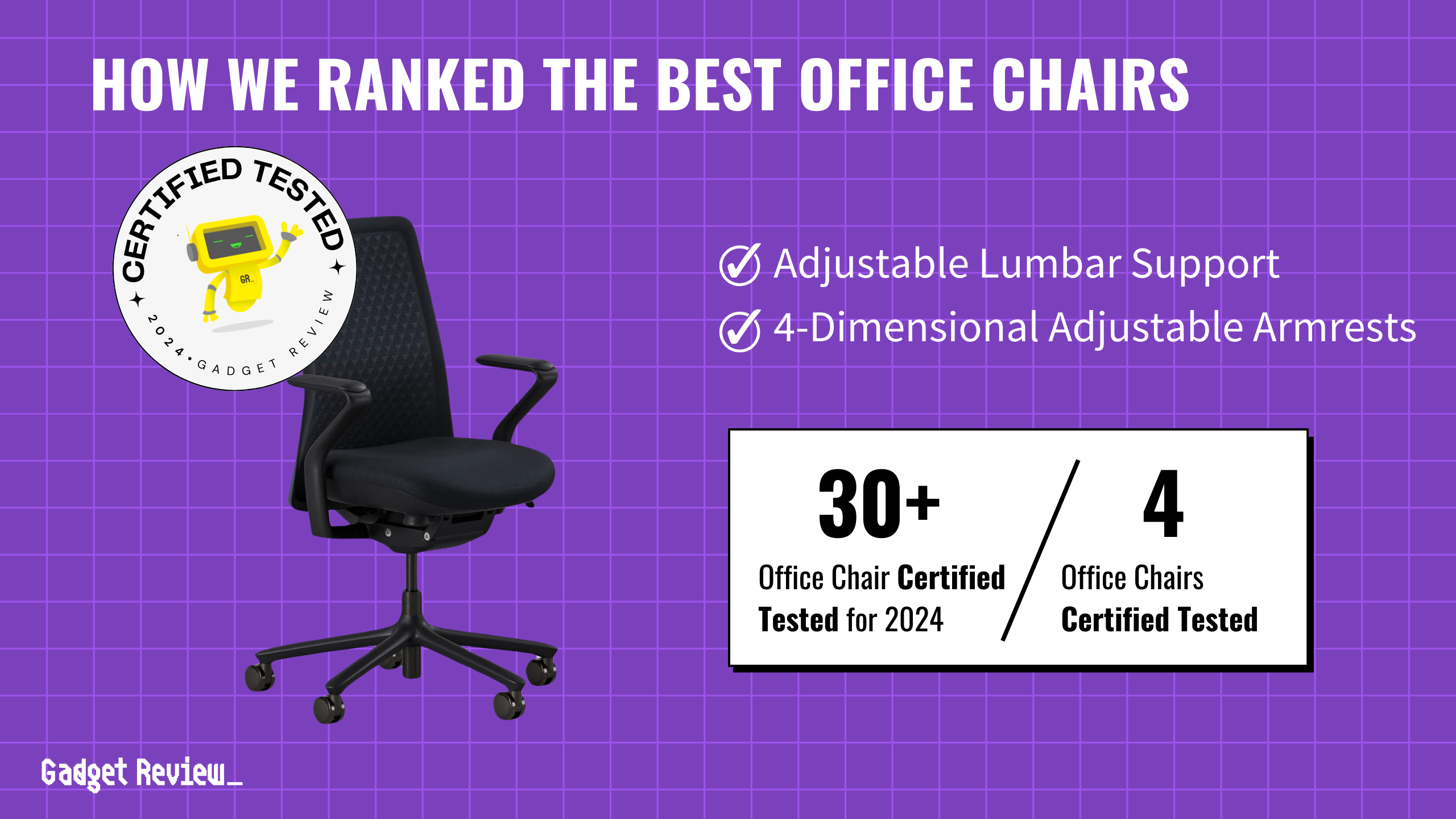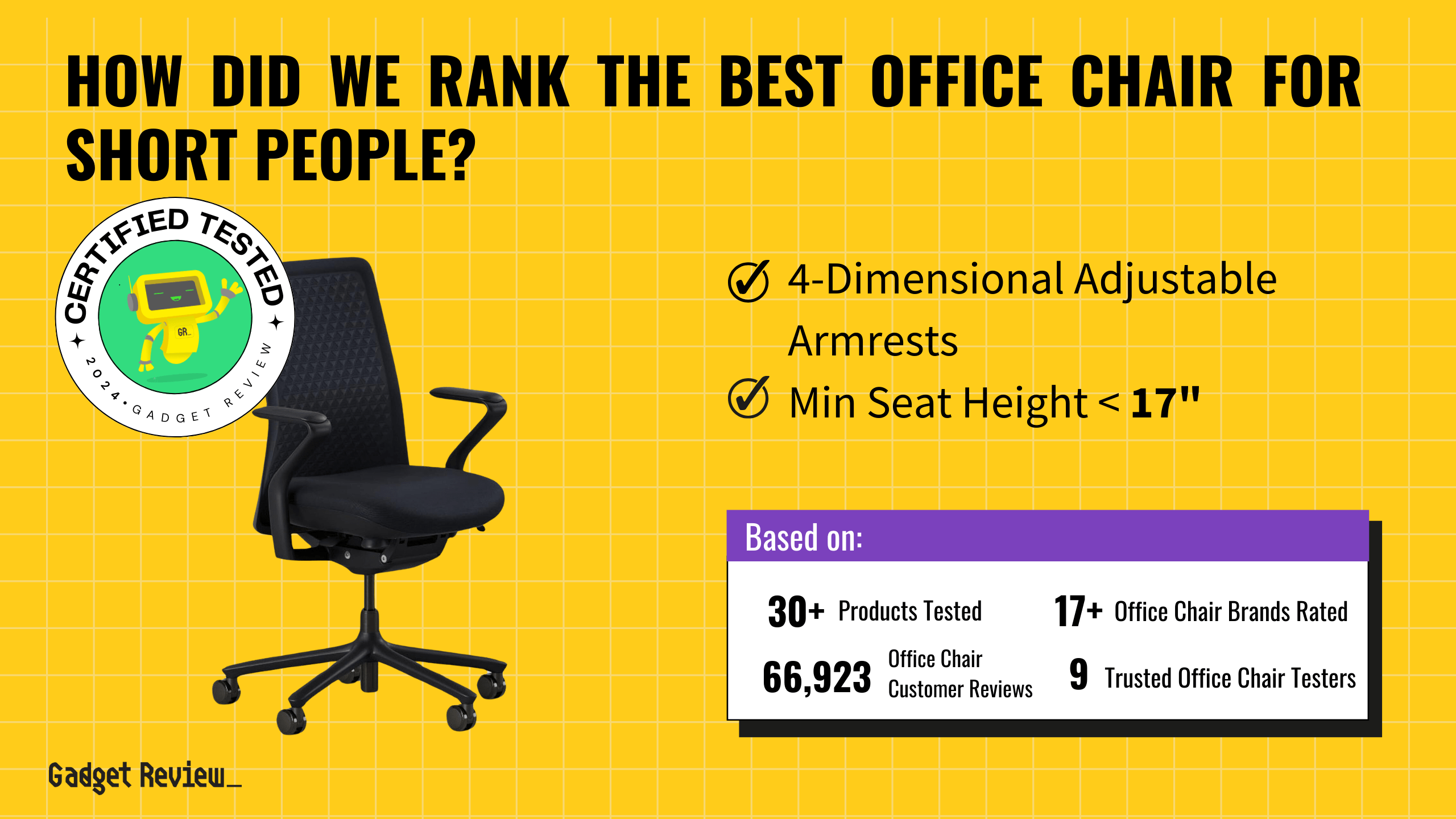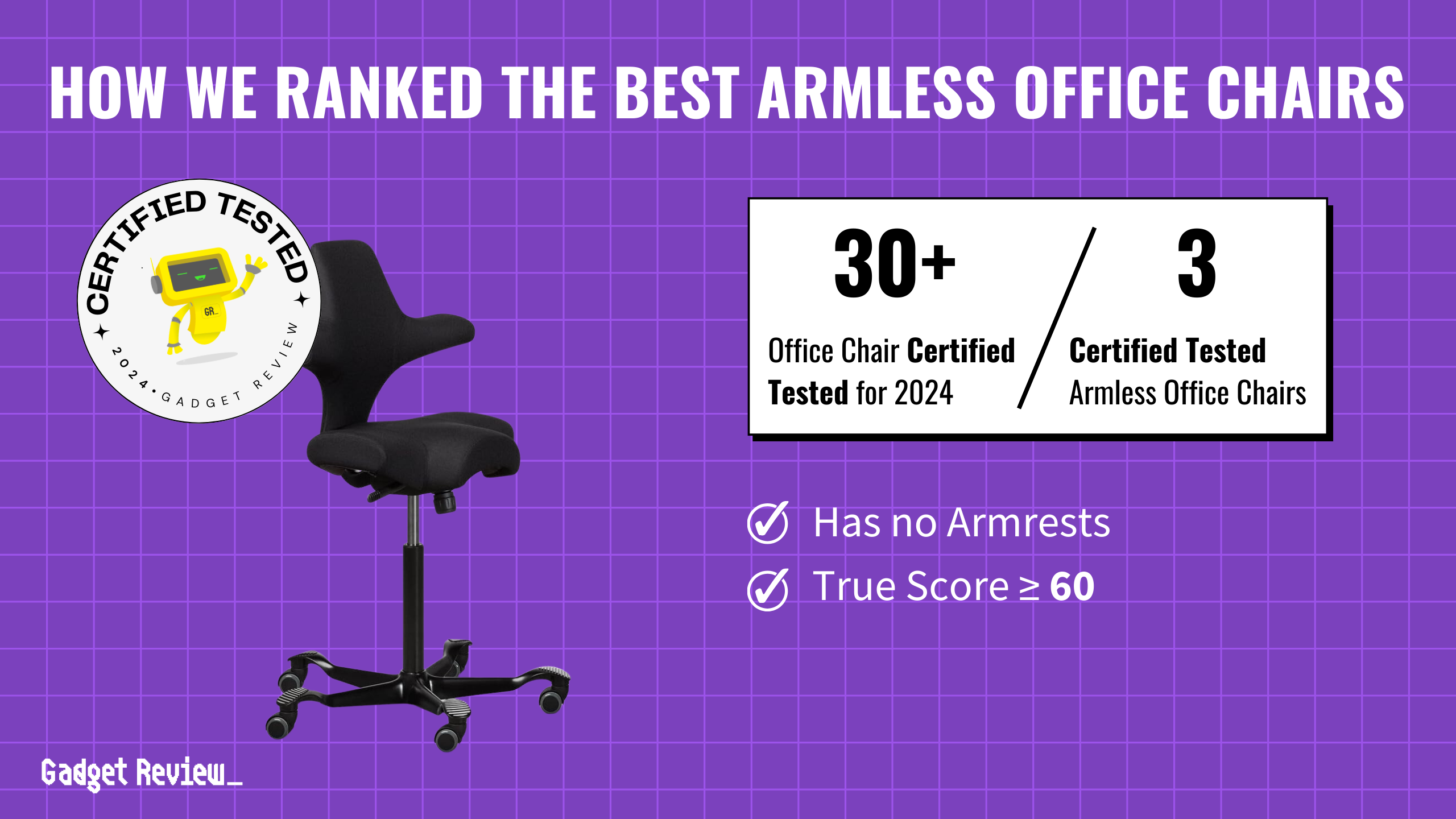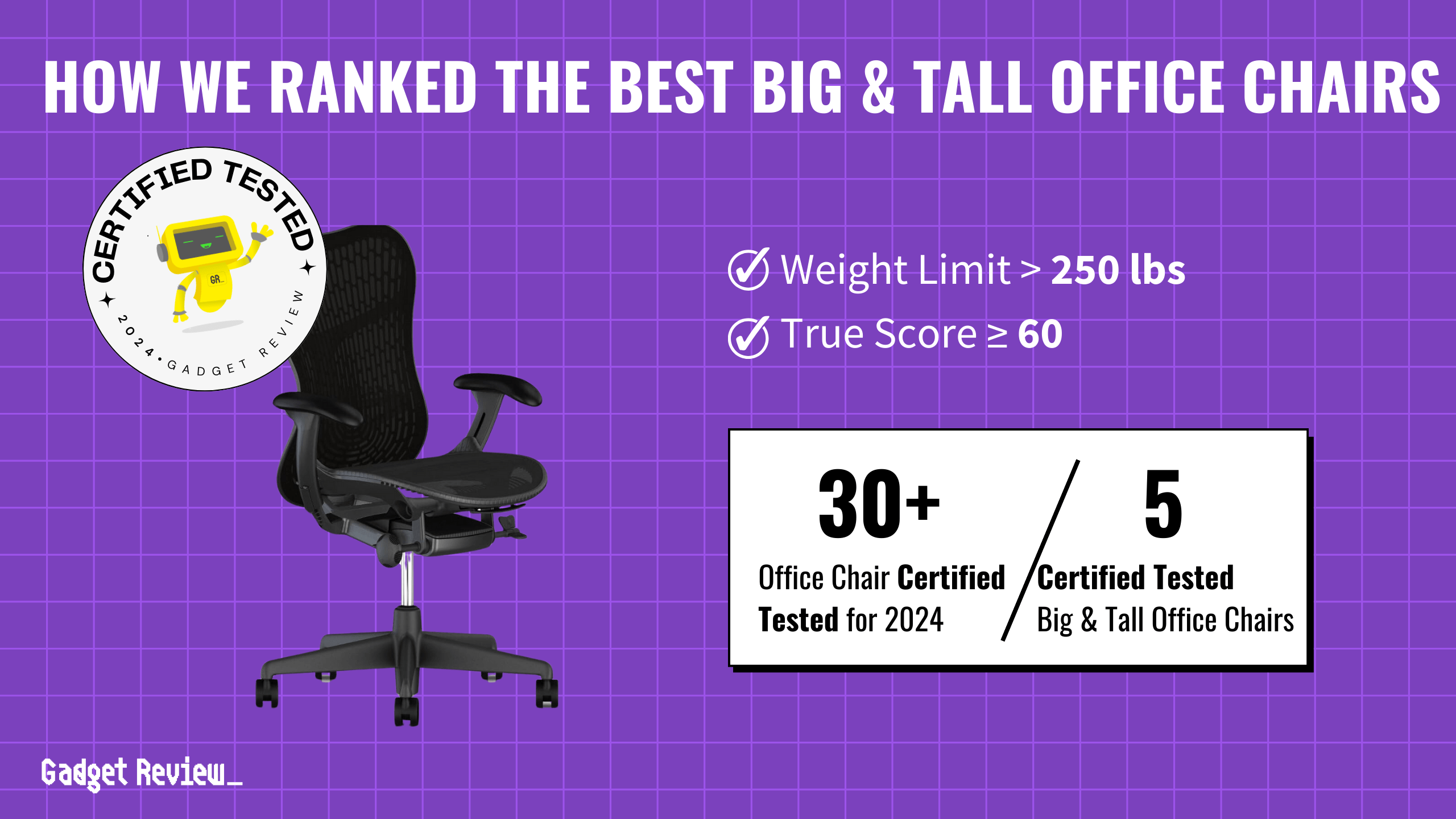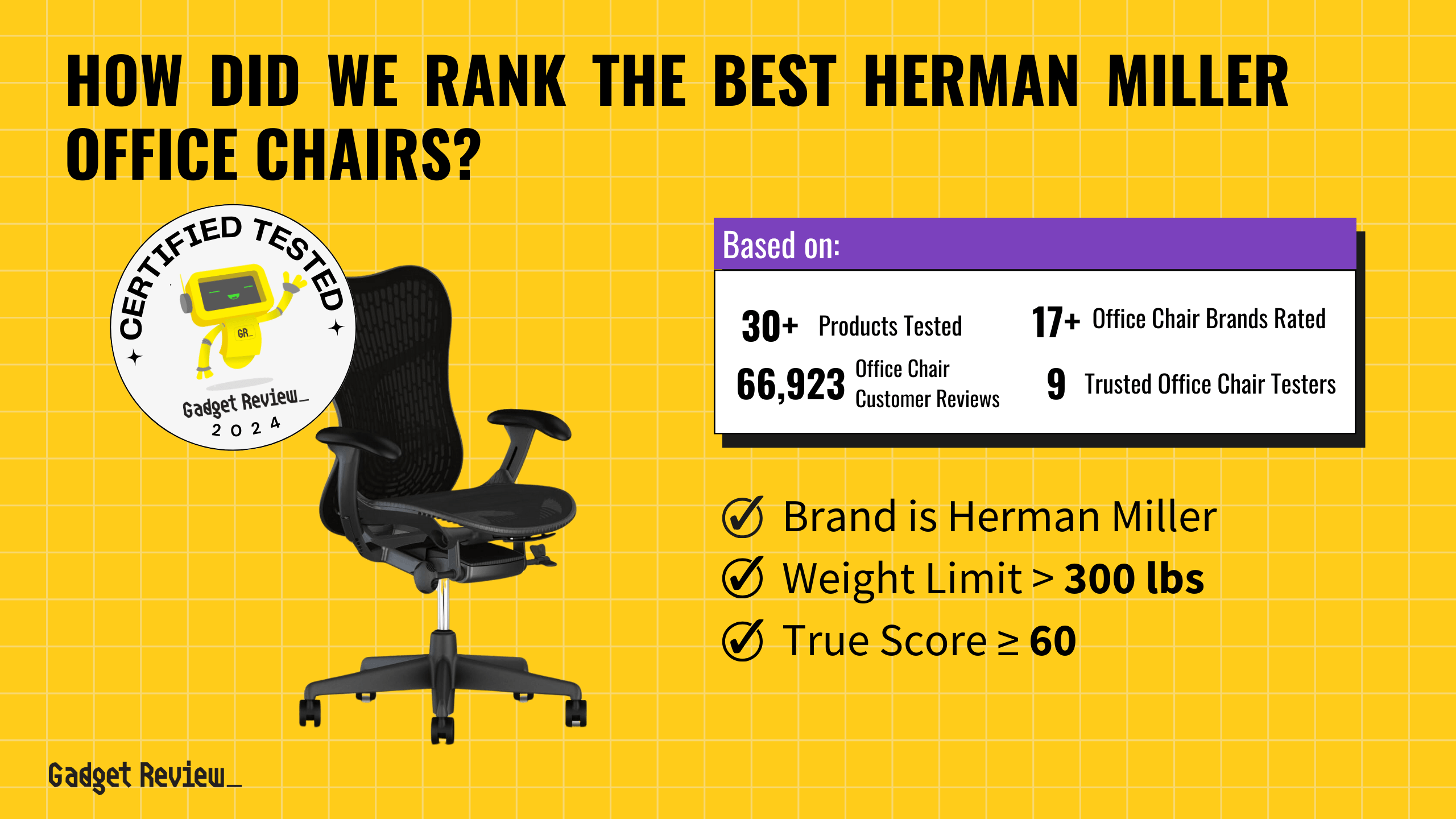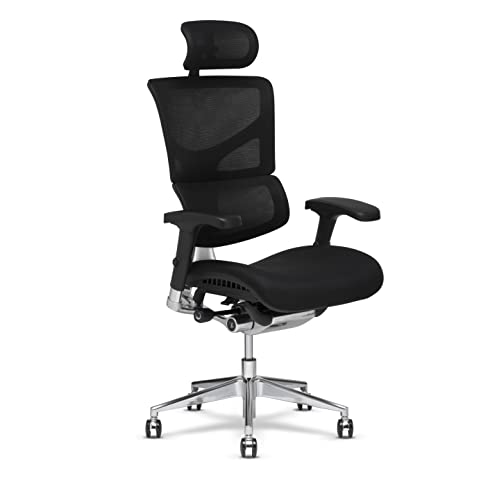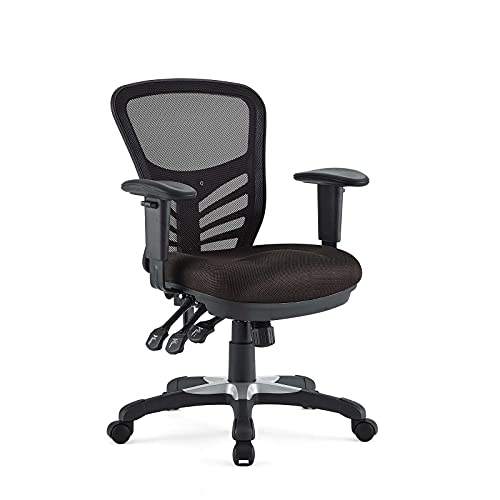Key Takeaways_
- 68% of office chair reviewers are untrustworthy. That means only 32% of publications actually test!
- Only 25 reviewers publish trusted office chair reviews, including Wirecutter, Business Insider, and Digital Citizen. These 24 reviewers’ trusted testing methodologies and reviews fuel our Performance Criteria indicators and True Scores.
- We spent 57 hours total evaluating 79 office chair reviewers for thorough testing and transparency.
Office Chair Category Analysis
Office chairs have been a staple in workplaces for decades, yet finding genuinely tested reviews online remains a challenge. After three years of research, our investigation has shown that 68% of office chair reviewers fail to properly test office chairs, often lacking evidence of thorough evaluations.
How do we know what to test? Our process involves a meta-analysis of trusted expert testing methodologies, our own testing expertise, and real customer review pain points.
- First, we review existing expert methodologies whom we trust and identify their important and frequently-tested Performance Criteria. Both quantitative and qualitatively-tested criteria are considered and collected.
- We leverage our testing expertise (we’ve tested and reviewed hundreds of products several years ago) to select the most important Performance Criteria for evaluating routers.
- We then validate these Criteria by cross-referencing them with common pain points highlighted in real customer reviews.
This way, we ensure our evaluations are both rigorous and relevant.
Categories of Performance & Performance Criteria
We determined that the 7 Performance Criteria in 3 Categories of Performance below are the most important ones to test based on meta analysis of trusted criteria and expert testing methodologies, customer reviews, and our own testing expertise.
| CATEGORY OF PERFORMANCE | PERFORMANCE CRITERIA | UNIT OF MEASUREMENT | DEFINITION |
|---|---|---|---|
| Ergonomics | Lumbar Support | N/A | Evaluates the effectiveness of the chair’s lower back support to promote proper spinal alignment and reducing strain |
| Ergonomics | Seat Width | Inches | Measures the width of the seat to ensure it provides ample space for comfortable sitting without feeling constrained |
| Ergonomics | Backrest Height | Inches | Evaluates the height of the backrest to ensure it offers adequate support for the upper back and shoulders |
| Durability | Weight Limit | Pounds (lbs.) | Measures the maximum weight capacity the chair can safely support a person without compromising its structural integrity |
| Adjustability | Recline | Degrees (°) | Assesses the range and ease of the chair’s reclining mechanism, including its ability to lock in various positions |
| Adjustability | Seat Height | Inches | Determines the adjustable height range of the chair’s seat to ensure it accommodates different user heights and workstation setups |
| Adjustability | Armrests | Inches | Assesses the adjustability and comfort of the armrests, including their height, width, and number of ways they can adjust |
To evaluate all these criteria, you can use the following equipment:
| IMAGE | NAME | WHAT IT MEASURES | WHY IT’S IMPORTANT | PRICE |
|---|---|---|---|---|
 | Tape Measure | Seat Width, Backrest Height, Seat Height | Ensures the seat provides ample space, confirms adequate support for the upper back and shoulders, and verifies the adjustability range of the seat height. These are all crucial for overall comfort and ergonomic suitability. | $10 – $100 |
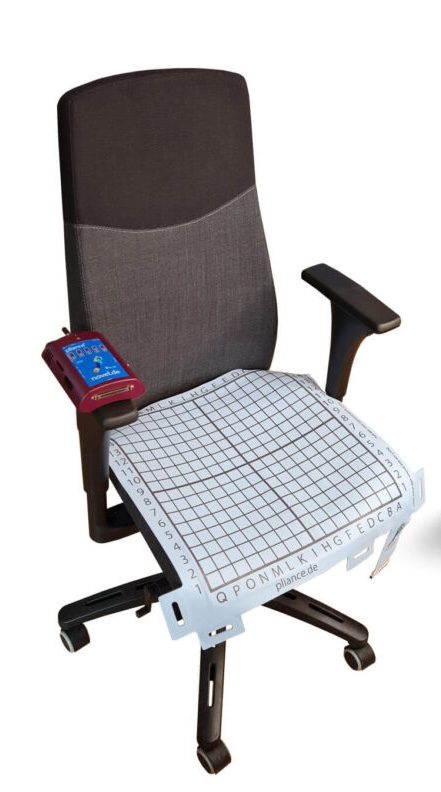 | Pressure Mapping System | Lumbar Support | Assesses the effectiveness of lumbar support by measuring pressure distribution along the lower back | $5,000 – $15,000 |
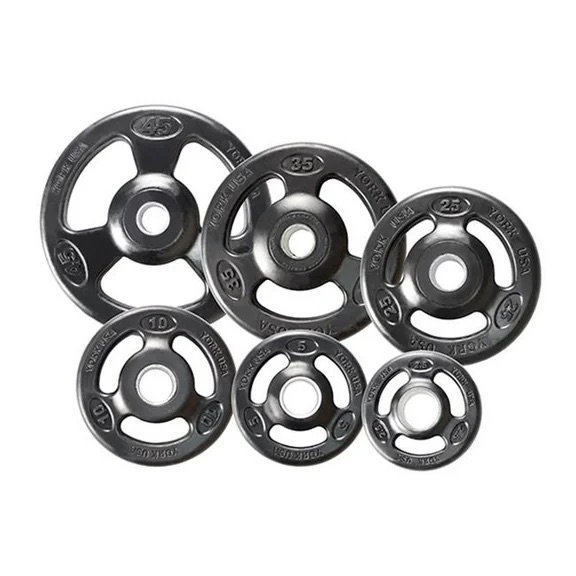 | Heavy weights (250-500+ lbs.) | Weight Limit | Verifies the structural integrity and maximum weight capacity by applying large weight to the chair | $300 – $600+ |
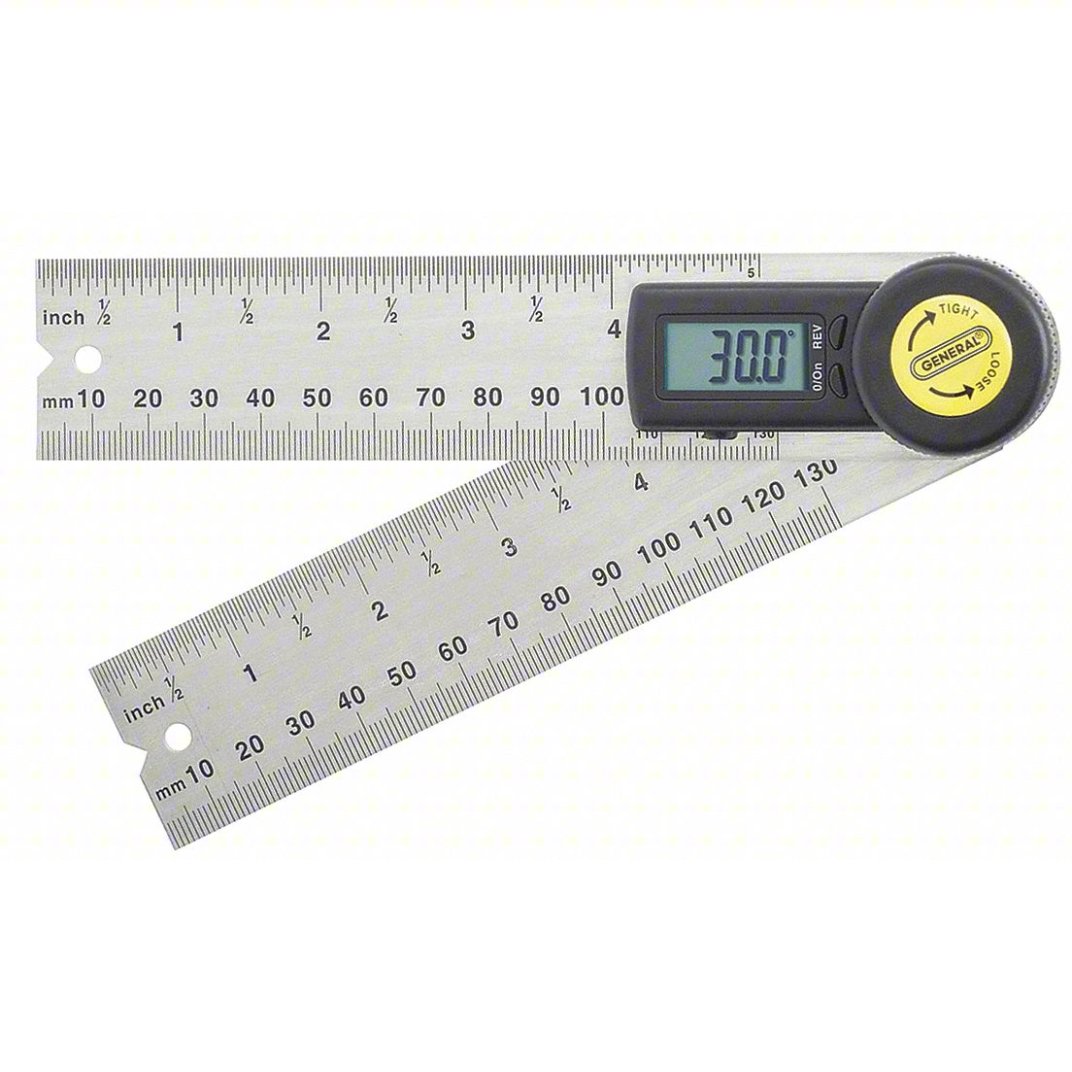 | Angle Finder | Recline | Measures the range and stability of the backrest angle to assess recline functionality | $20 – $200 |
What Tests are Quantitative and/or Qualitative?
Quantitative tests feature something that is either measurable or binary in nature, which includes tests that measure recline angle and weight limit.
Qualitative tests, on the other hand, are based on things that can’t be properly measured or are a “feeling” someone gets. This includes things like setup and ergonomics.
When deciding the Performance Criteria, we looked at customer pain points we found in customer reviews and determined if they could be tested and if the tests are quantitative or qualitative.
Our Trusted Data Sources
Our Trusted Data Sources
We looked at 79 office chairs reviewers and while 25 are trustworthy (60%+ Trust Rating), we only use data from the testers that are “very trusted” which means a Trust Rating above 70%. The three we have listed below are our most trusted for office chairs.
- Jenny McGraths – Business Insider, MuckRack, Twitter
- Benjamin Hickok – TechGearLab
- Ciprian Adrian Rusen – Digital Citizen, LinkedIn
Interested in a comprehensive analysis of our data sources? We’ve got you covered. Below, you’ll find a detailed list of every office chair review website we’ve identified, organized by their respective Trust Ratings from highest to lowest.
But we didn’t stop there. We’ve meticulously reviewed each publication and verified the data by checking whether the authors have bio links to MuckRack or LinkedIn. We’re committed to not only checking the facts but ensuring their veracity.
Usage Cases
After identifying the most important Categories of Performance and Performance Criteria, we categorized them according to real-world applications of office use, conference rooms, and gaming.
Office Work
- Important Categories of Performance and Performance Criteria:
- Ergonomics (Lumbar Support, Backrest Height, Seat Width)
- Adjustability (Recline, Seat Height, Armrests)
- Reasoning: Office work often requires long hours of sitting, so having good lumbar support, an adjustable seat height, and comfortable armrests are crucial for maintaining good posture and comfort.
- Related Guides: Office Chairs, Standing Desk Chairs, Office Chairs for Back Pain, Office Chairs for Scoliosis
Gaming
- Important Categories of Performance and Performance Criteria:
- Ergonomics (Lumbar Support, Backrest Height, Seat Width)
- Adjustability (Recline, Seat Height, Armrests)
- Reasoning: Gamers typically spend extended periods seated, so they need excellent lumbar support, reclining capabilities, and adjustable features for optimal comfort and ergonomics.
- Related Guides: Gaming Chairs, DXRacer Gaming Chairs, Streamer Gaming Chairs, Secret Lab Gaming Chairs, Big & Tall Gaming Chairs
Conference Rooms
- Important Categories of Performance and Performance Criteria:
- Ergonomics (Lumbar Support, Backrest Height, Seat Width)
- Durability (Weight Limit)
- Reasoning: Chairs in conference rooms should provide good back support and be comfortable for varying body types and sizes, while also being durable to withstand frequent use.
- Related Guides: Big & Tall Office Chairs
Wrap-Up
Our Office Chair Testing Methodology underscores our unwavering commitment to transparency and accuracy in evaluating office chair performance. These Performance Criteria fuel our Trust Ratings that we calculate for each reviewer during our ongoing research, which we analyze further in our Office Chair Trust List. The crazy fact that 68% of office chair reviewers lack enough testing emphasizes the need for our meticulous approach.
The Trust Ratings are the bedrock of our Office Chair True Scores, which is the most accurate product score on the web. Below are our office chair reviews sorted by highest True Scores. We invite you to learn more about how we score products with True Scores and how they empower you to make informed buying decisions online.
We also invite expert reviewers to contribute to a more trustworthy and transparent review system. By adopting stringent testing standards and/or supporting our efforts, you help elevate the quality of office chair reviews and ensure that consumers can make informed choices based on reliable information.
Let’s commit to higher standards together. Together, we can transform the landscape of office chair reviews for the better.

